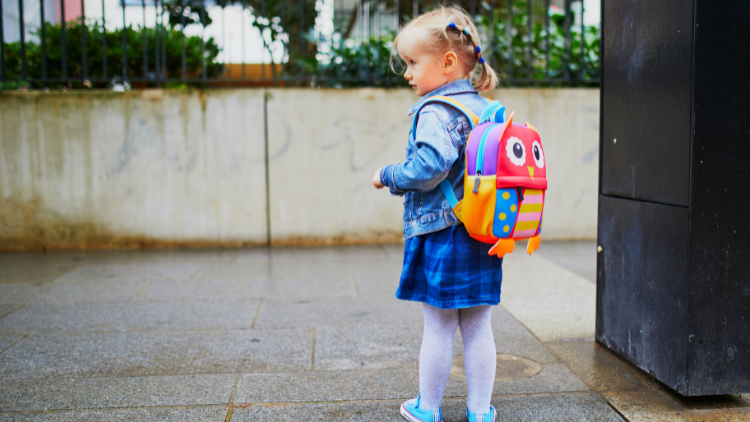Separating from your partner can be a very difficult time, yet it’s important that you put the needs and emotions of your young children first.
Supporting young children
Children may find it difficult to process a separation and might struggle to deal with the emotions that come with it. The younger the child, the less able they are to express their feelings. They may try and communicate their concerns through their behaviour.
You can support your child by:
- Spending regular quality time with them
- Encouraging them to discuss their worries and feelings with you if they are able, reassuring them that it is not their fault and that you both still love them
- Being understanding and disciplined when faced with behaviour changes, setting clear boundaries about what is acceptable behaviour
- Accessing your health visiting service or other healthcare professional for emotional health support for your child
- Making sure your child has a healthy relationship and good contact with both parents if possible
- Keeping them away from any conflict or arguments
- Maintaining good relationships and contact with other family members and friends

To help them understand this change, there are a number of books available that you can read together, such as:
- It’s Not Your Fault, Koko Bear: A Read-Together Book for Parents and Young Children During Divorce by Vicki Lansky
- Living with Mum and Living with Dad: My Two Homes by Melanie Walsh
- Two homes by Claire Masurel
- A new room for William by Sally Grindley and Carol Thompson
For more child-friendly books linked to divorce and separation, click here.
Supporting yourself
Your emotional health is important too, and making sure that you get some support for yourself will help you to feel in a better frame of mind to support your child.
This could be by:
- Talking to a family member or close friend about how you feel
- Taking some time out for yourself; for example by asking a family member to babysit for a couple of hours
- Accessing your local talking therapies service for some counselling
Child Arrangements
If you are living separately, you’ll need to agree where your child will live and how much time they will spend with each parent. Try to maintain predictable arrangements, stick to familiar routines, and minimise change to the routine wherever possible. This will benefit your child’s wellbeing.
Sometimes, children may not want to go to their planned visit to the other parent/carer. This is ok – children’s feelings change on a day-to-day basis and this is completely normal.
It’s important to talk about their feelings and why they don’t want to go on their visit. Encourage your child to visit the other parent/carer by staying positive and reassuring them.
Hear your child’s voice and listen. It could be that the problem is easily resolved and then your child will be happy to go for their visit. It could also be that your child just wants to stay at home this time. Whatever the reason, take your child’s wants and needs on board whilst reassuring them that it is ok.

For more support around child arrangements, read this article from the Citizens Advice Bureau.
If your partner is being aggressive, abusive, or if you are experiencing stalking or harassment, Refuge, Women’s Aid and ManKind provide round-the-clock support and advice. In an emergency, always call 999.
Useful links
- YoungMinds- A guide for parents on divorce
- Health for Kids- Supporting your child through parent or carer separation


